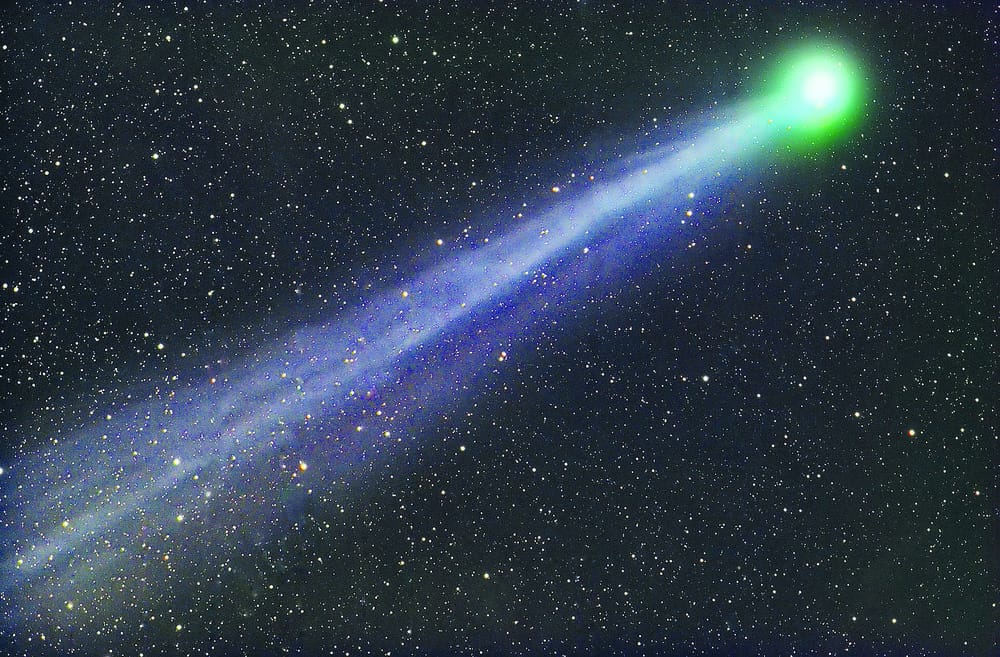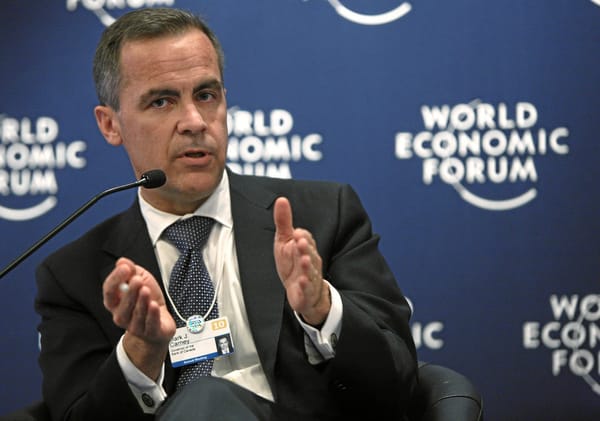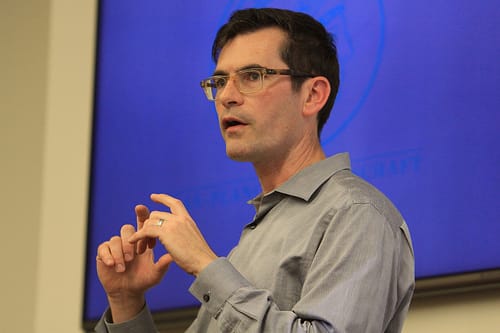Go home comet, you’re drunk.
Celestial objects outdo students in terms of alcohol abuse. Comet named ‘Lovejoy’ has an atmosphere that cooks up a unique cocktail

Space happy hour is now a thing, and astronomy just got a whole lot more student friendly. While all the Halloween based excitement was focused on the “skull comet” TB145’s flyby, scientists discovered another asteroid that’s leaving a trail of alcohol almost as large as the one left by the average ACC.
At the peak of activity, the appropriately named comet ‘Lovejoy’ was found to be releasing the alcoholic equivalent of 500 bottles of wine every second. Although ethyl alcohol has been detected in space clouds before, this is the first time ethanol, like the kind in alcoholic drinks, has been detected.
‘Lovejoy’ was releasing the equivalent of 500 bottles of wine every second
Scientists were able to identify the ethanol gas being emitted as the sun’s energy causes the molecules in the comet’s atmosphere to glow at microwave frequencies. Telescopes were then used to distinguish the compounds by their signature frequencies. The equipment is so advanced that the team was able to determine the concentration and composition of multiple compounds simultaneously.
The research group also identified 20 other compounds including simple sugars like glycoaldehydes, meaning the cocktail comet’s atmosphere is a sugar rush as well as an intoxicator. Comet Lovejoy made equally as cool headlines back in 2011 when it survived flying through the atmosphere of the sun, something many thought was impossible.
So apart from being a contender for the Ultimate Lad title, why should we care about this boozy comet? Well, mostly because this recent revelation may provide clues to the origin of life on Earth. Panspermia, the theory that comets contained organic molecules that led to life on Earth, is not a new idea but these findings add weight.
NASA astrochemist Stefanie Milam, who co-authored the paper announcing these findings, contended, “Life didn’t have to start with just simple molecules like water, carbon monoxide, and nitrogen. Instead, life had something that was much more sophisticated on a molecular level. We’re finding molecules with multiple carbon atoms.
So now you can see where sugars start forming, as well as more complex organics such as amino acids -- the building blocks of proteins -- or nucleobases, the building blocks of DNA. These can start forming much easier than beginning with molecules with only two or three atoms.”
What’s next for the perpetual party rock and the potential origins of complex life on earth? Dominique Bockele-Morvan from Paris Observatory, a co-author of the paper argued, “The next step is to see if the organic material being found in comets came from the primordial cloud that formed the solar system or if it was created later on, inside the protoplanetary disk that surrounded the young sun.”
This will help determine whether this provides evidence for the Panspermia theory or if the asteroid of alcohol is simply a story for Imperial’s next nerdy bar crawl.








